Phonological Awareness Skills are the Single Best Predictor of a Child's Future Reading Ability!1/29/2017 Did you know phonological awareness skills of preschool children is the single best predictor of their future reading ability? It's a better predictor than socio-economic status or even their intelligence!
Phonological awareness "refers to the focus on the sounds of spoken language" that is, for a child to come to the realisation that a continuous stream of speech can be separated by individual words, that those words can also be broken up into one or more 'beats' or syllables, and that syllables are made up of a sequence of separate, single sounds (D. Konza, 2014). The most important of these phonological components for reading development is the awareness of the individual sounds or phonemes, that is phonemic awareness. "Once children understand that words can be broken up into a series of sounds, they need to learn the relationship between those sounds and the letters used to ‘map’ them onto paper: the alphabetic code. An understanding of the relationship between sounds and the letters that represent them (graphemes) is at the heart of reading an alphabetic language, thus the decoding step is non-negotiable if children are to become independent readers (Hulme et al, 2012 as cited in D. Konza, 2014)". Some children find it very difficult to "pull apart" words to perceive them as a series of separate phonemes (i.e. sounds) because the continuous nature of speech compresses them into a series of overlapping sounds through a process called co-articulation, disguising the segmental nature of speech. Children who find it difficult to hear the separate sounds in words cannot make the link between the sounds of speech and print symbols, making learning to read and spell our alphabetic language an enormous challenge. These children will need extra help to learn this skill! Children also need good oral language skills as this provides the platform for the development of phonological skills (D. Konza, 2014). Speech Pathologists assess children's phonological awareness skills, their letter-sound knowledge (coding skills) and their language skills. When difficulties are observed in one or more of these areas the speech pathologist works with parents and teacher's to strengthen a child's skills in these areas to maximise the child's potential for success at school in reading, spelling and across the curriculum. If your child is starting school or progressing into grade 1 or 2 and has poor phonological awareness skills (e.g. finds it difficult to clap out how many syllables are in words 2 syllables or longer, finds it hard to identify the sound a word starts with such as 'cat' starts with the 'k' sound, bike starts with the 'b' sound) and/or has a weakness in their oral language skills (e.g. uses non-specific words such as 'that thing' or 'that one' or 'it' frequently, struggles with following directions or understanding language, and/or find it difficult to put words together to form grammatical sentences and to express themselves clearly) a speech pathology assessment and talking to their teacher about what can be done to support them further is strongly recommended. In her very well written article, 'Teaching Reading: Why the “Fab Five” should be the “Big Six”' Deslea Konza, 2014, proposes that the current curriculum needs to change to include 'six' components critical to the development of reading rather than the current 5 with the addition of 'oral language' making it the "Big Six" and I'm in total agreement: • phonemic awareness • phonics • fluency • vocabulary • comprehension + • oral language It just makes sense! This article is really worth reading for any speech pathologist supporting children with literacy problems and for teachers and parents who's children have language and literacy difficulties. Teaching Reading: Why the “Fab Five” should be the “Big Six” Deslea Konza, Edith Cowan University. Have Fun With Playdough over the Easter Break.Playdough is one of my favourite activities to use with young kids. It's a great activity to get communication happening. Having a good set of cookie or playdough cutters is essential. It provides opportunity for targeting lots of early vocabulary (e.g. house, butterfly, plane), early categorisation skills (e.g. put all the 'animals' over here and all the 'transportation' over here), and lots of action words (e.g. cutting, rolling, pushing) which are essential for children to know so they can learn how to combine words to start to make sentences. You can use playdough to model lots of early concept words too (e.g. big/little, long/short - e.g. I've made a big ball. Is your ball big or little?, My snake is long but your snake is short.). You can make lots of different shapes and objects out of playdough - make a persons body to work on teaching body parts, make different animals such as a snake and talk about the sounds they make (e.g. Snake says 'SSSssssss'). Playdough is also great for sensory development and working on early social skills such as turn taking, joint attention, making a choice, and sharing. A great activity for keeping kids amused during a playdate! Kids also love to get involved when making the playdough and seeing the colours mix through as it's kneaded. I like to make my own playdough so I have peace of mind there are no hidden nasties in it if a child decides it's worth tasting. Lets face it, most children at some stage will give it a tasted test. Here's my friend Joan's playdough recipe that I use: 3 Cups plain flour 1 Cup salt 3 Tablespoons of cream of tartar 4 Tablespoons Oil Mix together, add food colouring and 3 cups of boiling water, mix like mad. When combined turn out onto bench and knead. Keep in fridge in a sealed plastic bag or container. Please send me any photos of your fabulous playdough creations over the Easter Holidays that you're happy for me to share as I'd love to add them to my post. Sarah Creagh |
Author - Sarah CreaghI'm a speech pathologist with a passion for working in partnership with parents to support children to reach their maximum potential. Archives
September 2018
Categories
All
|

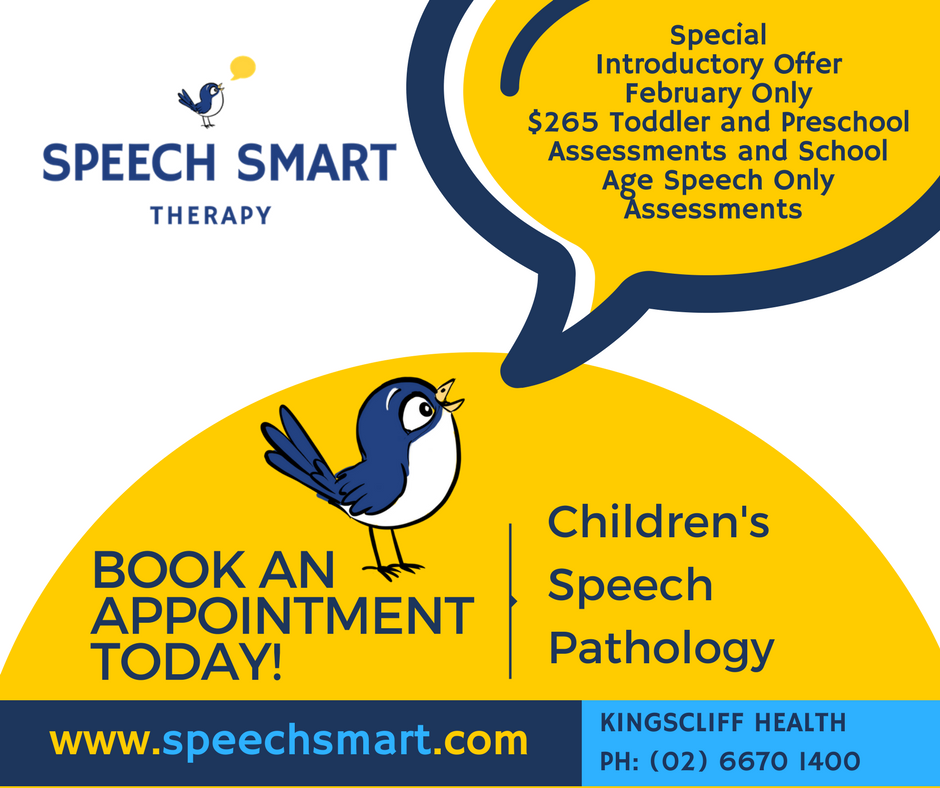
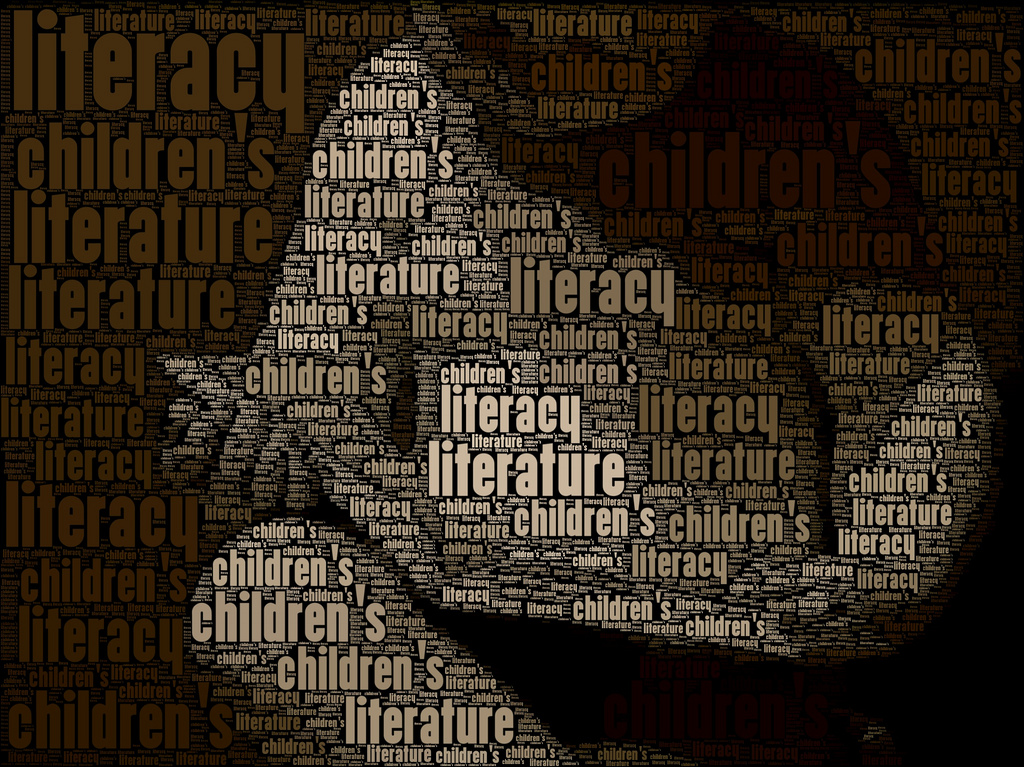
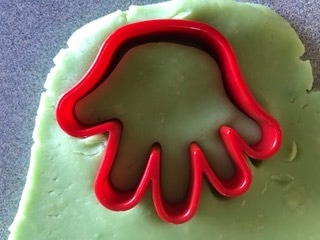
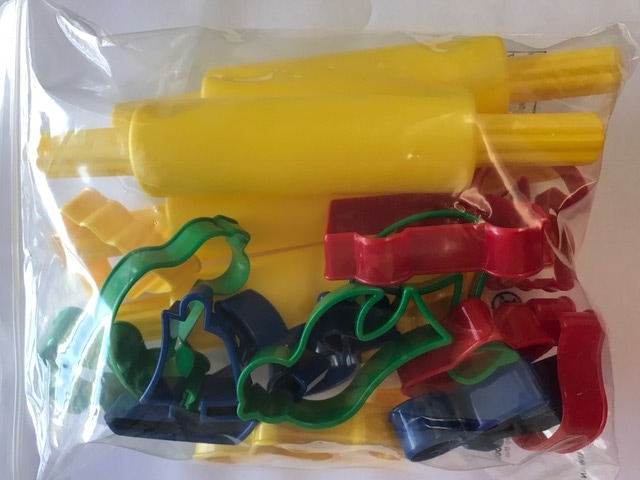
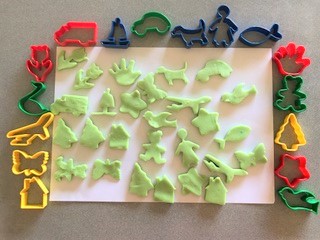
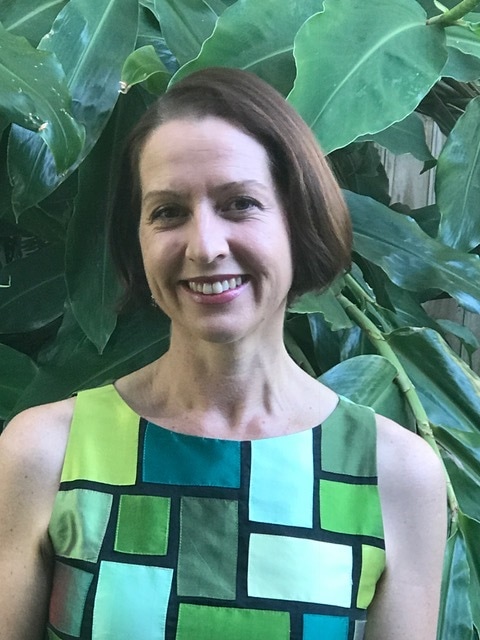
 RSS Feed
RSS Feed

